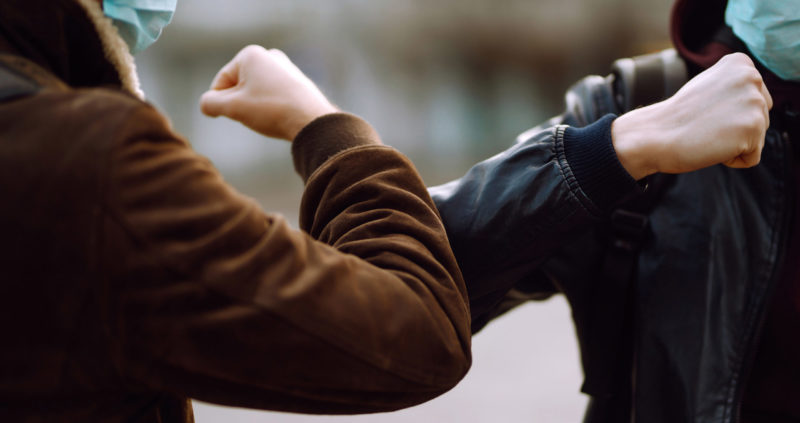
Few people won’t know someone who has been ill with COVID-19 and many will be grieving for someone who has died. Almost everyone has simultaneously experienced people in their circle becoming more politically engaged.
There is a relationship between these developments – the politics of pandemics and the response of governments impel people to action. The power structures that run the world, that repeatedly privilege profit over life, are revealed in their bigoted ugliness, to millions who rarely thought about them before.
Many of us in Islington North are heavily involved in our ward-based Mutual Aid groups, but we are a definite minority. For some we work with, it was an active choice to be involved in a network that consciously seeks to empower the most dispossessed, while for others it was the first thing they fell across; struggling to make sense of the nightmare that has reshaped daily lives along with assumptions about how the world functions – and how that can be changed. It certainly seems like a good place to work alongside others and might also bring them into the party.
Mutual Aid has an explicitly political stance – summed up by the slogan “solidarity not charity”. That doesn’t mean that there’s no debate about both ideology and practice. Some still talk about “helping” others, and tend to treat those people who can’t leave home as passive consumers of services. Others point out that everyone has something to contribute to the networks we are constructing, rejecting division between those requesting support and those offering. The Uruguayan left-wing writer, Eduardo Galeano, said: “Charity is so vertical… Solidarity is horizontal. It respects the other person.”
The controversy tends to be sharpest in predictable places – what is, and what should be, the role of the state? How do mutual aid groups act to make sure that people’s immediate needs – for food, safe shelter, heat, light and companionship – are met while making sure that government and local councils are held to account? Even in Islington, where the council tries its best – including consciously liaising with our groups – networks that operate on the basis of need and trust are more likely to deliver. Top heavy processes inevitably discriminate against those already disadvantaged – on the basis of class, race, gender, disability, sexuality, age or a combination of factors.
Politics is about how we live our lives – and how we are often prevented from doing so. The idea that it is something for specialists, the few in parliament or on councils, not for everyone, is part of a mindset that disempowers ordinary people and keeps us in our place.
Jeremy Corbyn inspired millions by talking of building a social movement which fought for the better world that was both possible and necessary. Mutual Aid, born just after he resigned as leader, could be the best chance for decades to build something really rooted in the diversity and strength of our communities. Get involved, if you are not already!
Click here to find out more about your your local Islington Mutual Aid group.
by Terry Conway, LGBTQI Officer, Islington North CLP
